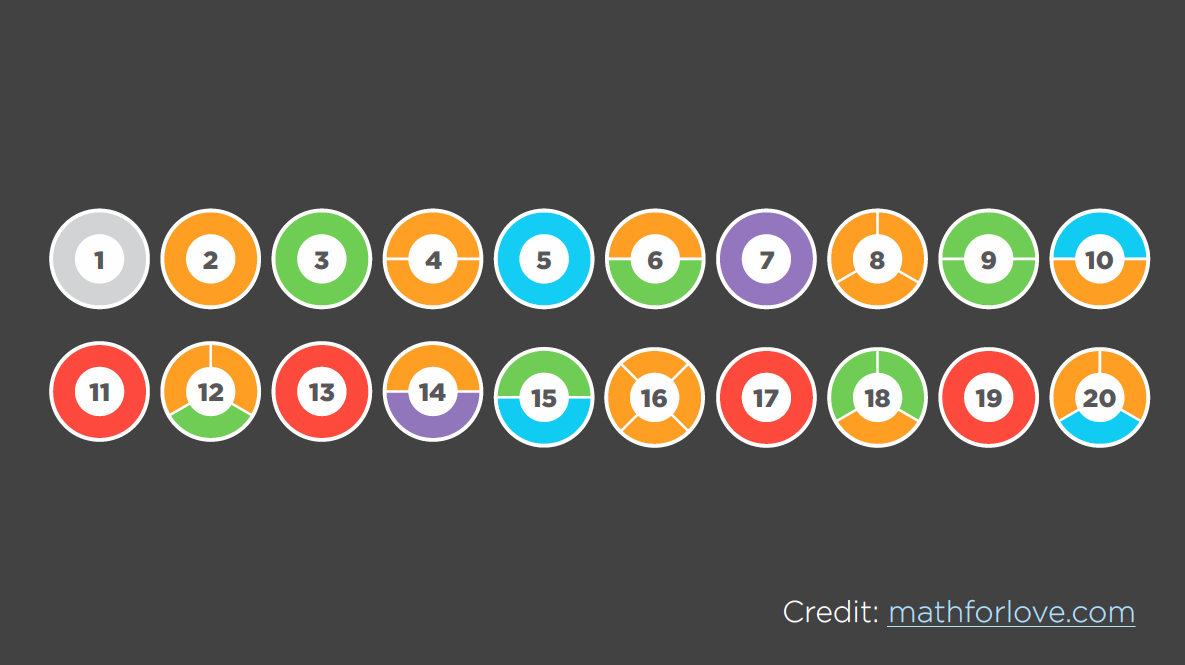Math educator Dan Finkel grew up doing math with ease and completed calculus as a freshman in high school. But it wasn't until he went to math summer camp and learned how to think like a mathematician that he truly fell in love with math. It helps to have a positive relationship with math because when people are uncomfortable with it they are susceptible to manipulation. (Think of predatory lending interest rates, convenient statistics to support a thin argument, graphs that misrepresent the truth.)
“When we’re not comfortable with math, we don't question the authority of numbers,” said Finkel in his TEDx Talk, “Five ways to share math with kids.”
He is also a founder of Math for Love which provides professional development, curriculum and math games. He says math can be alienating for kids, but if they had more opportunities for mathematical thinking, they could have a deeper, more connected understanding of their world.
A more typical math class is about finding the answers, but Finkel says to consider starting with a question and opening up a line of inquiry. For example, he might show a display of numbered circles and ask students, "What's going on with the colors?"



